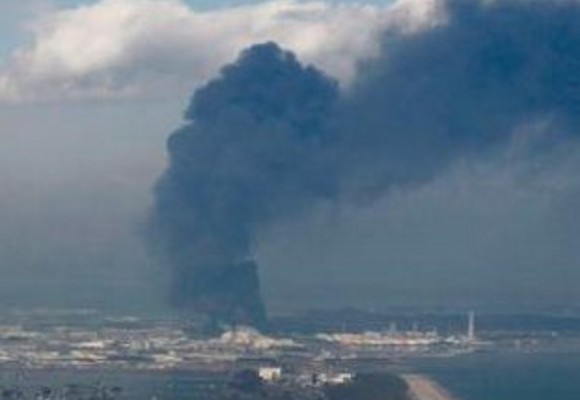For-Profit Health Insurance: Where the Real Death Panels Lie
 On behalf of Grigor and Hilda Sarkisyan, I would like to invite Republican Rep. Phil Gingrey of Georgia to attend the 21st birthday celebration of the Sarkisyans' only daughter, Nataline, this coming Saturday, July 9, in Calabasas, California.
On behalf of Grigor and Hilda Sarkisyan, I would like to invite Republican Rep. Phil Gingrey of Georgia to attend the 21st birthday celebration of the Sarkisyans' only daughter, Nataline, this coming Saturday, July 9, in Calabasas, California.
Gingrey could consider it a legitimate, reimbursable fact-finding mission. He clearly needs to have more facts about the U.S. health care system before he starts talking about death panels again.
Gingrey seems determined to keep alive the lie that the Affordable Care Act (a.k.a., Obamacare) will create government-run death panels in the Medicare program.
Sarah Palin started the death panel fabrication when she claimed during the health care reform debate that a proposal to allow Medicare to reimburse doctors for talking to their patients about advance directives would be tantamount to establishing death panels deep in the federal bureaucracy. So many people believed her lie that Democrats felt they had no choice but to strip that provision from the final bill.

 Internal emails obtained by the UK Guardian show that British government officials colluded with nuclear power companies in the aftermath of the Fukushima Daiichi disaster to develop a PR strategy to downplay the severity of the event. Emails show the British government initiated contact with the nuclear industry about the debacle just two days after the earthquake and tsunami hit, and well before anyone knew the full extent of the disaster. The emails show close collusion between the power companies
Internal emails obtained by the UK Guardian show that British government officials colluded with nuclear power companies in the aftermath of the Fukushima Daiichi disaster to develop a PR strategy to downplay the severity of the event. Emails show the British government initiated contact with the nuclear industry about the debacle just two days after the earthquake and tsunami hit, and well before anyone knew the full extent of the disaster. The emails show close collusion between the power companies  More and more Americans are falling victim to one of the most insidious bait-and-switch schemes in U.S. history. As they do, health insurance executives and company shareholders are getting richer and richer. This industry-wide plot explains how health insurers have been able to reap record profits during the recent recession as the ranks of the uninsured and underinsured continue to swell.
More and more Americans are falling victim to one of the most insidious bait-and-switch schemes in U.S. history. As they do, health insurance executives and company shareholders are getting richer and richer. This industry-wide plot explains how health insurers have been able to reap record profits during the recent recession as the ranks of the uninsured and underinsured continue to swell. Most nuclear reactors built in the U.S. in the 1960s and 1970s were explicitly designed to last for 40 years, but an
Most nuclear reactors built in the U.S. in the 1960s and 1970s were explicitly designed to last for 40 years, but an